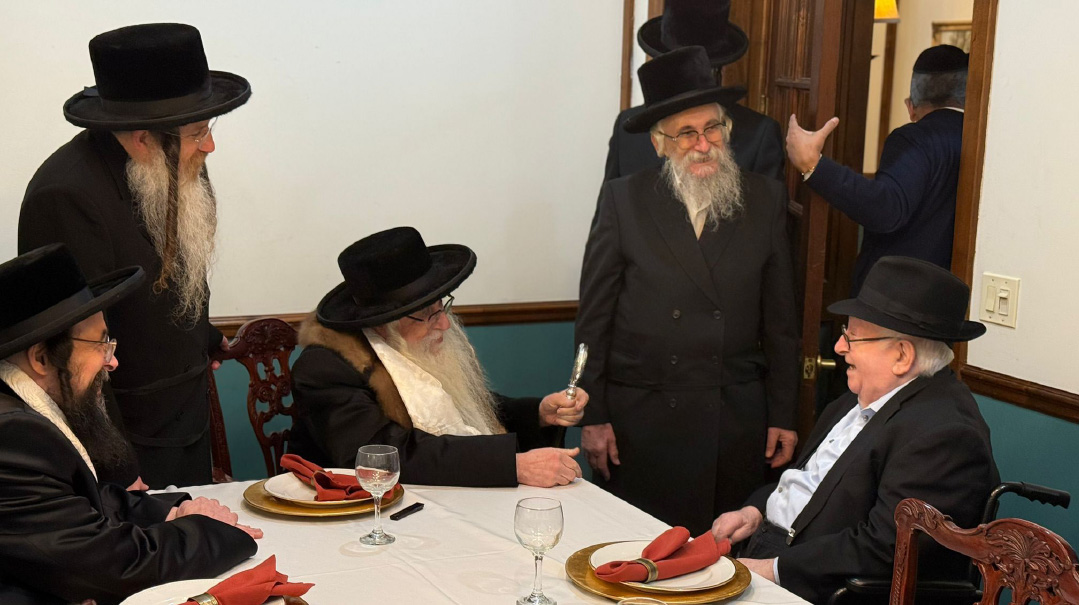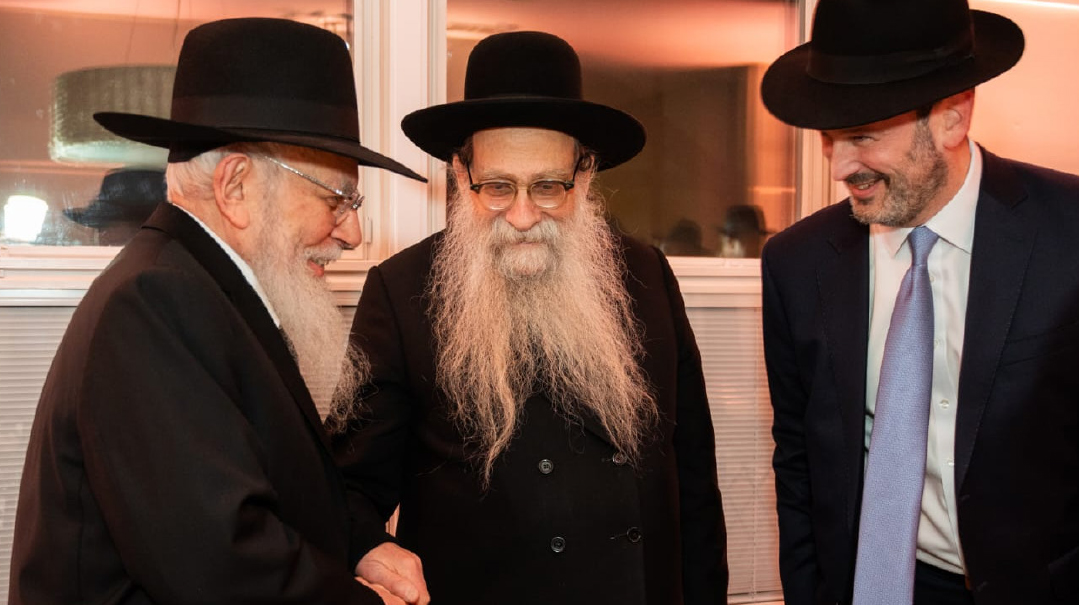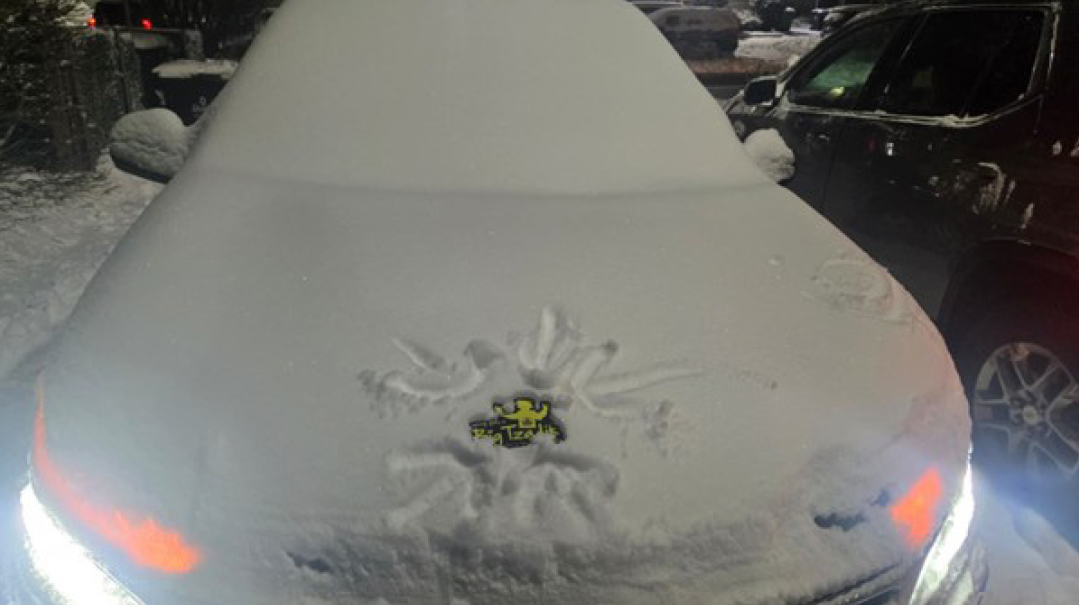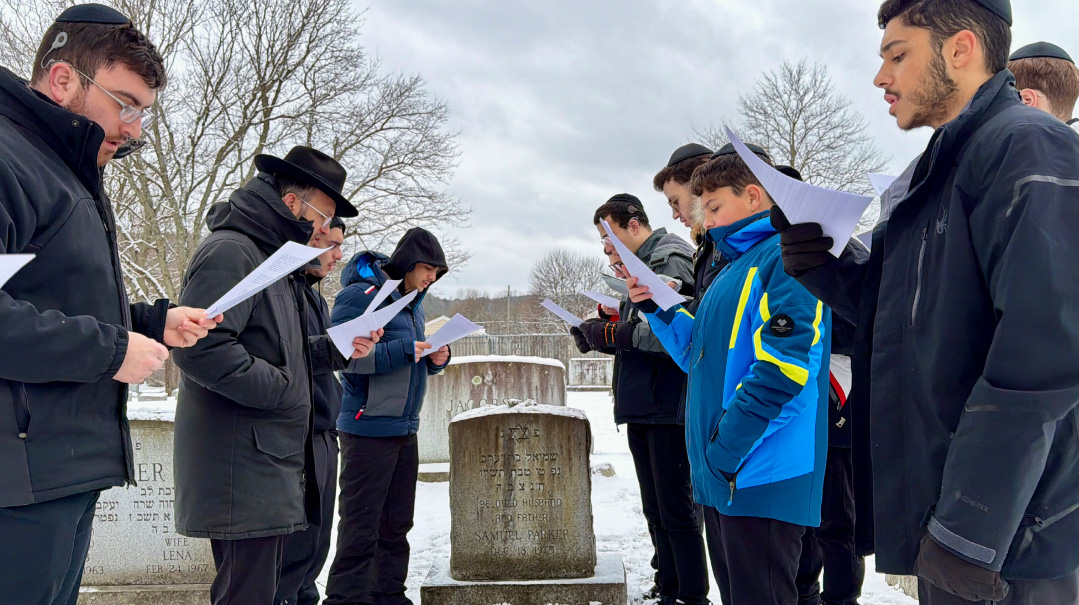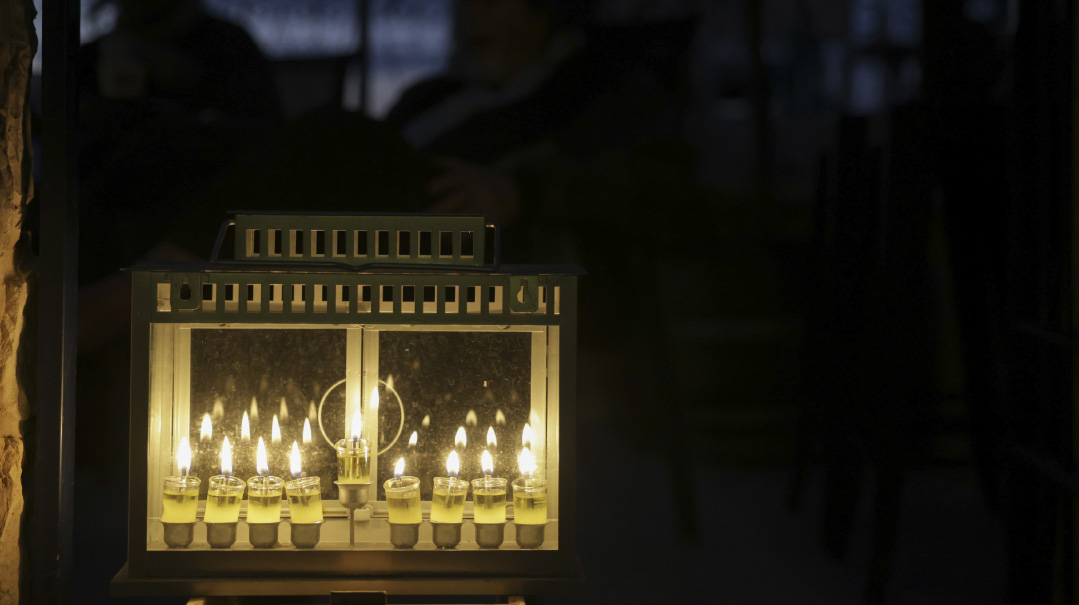The Moment: Issue 983
| October 24, 2023Arrangements were quickly made to reopen the beis medrash of Camp Oraysa, welcoming the Mir talmidim
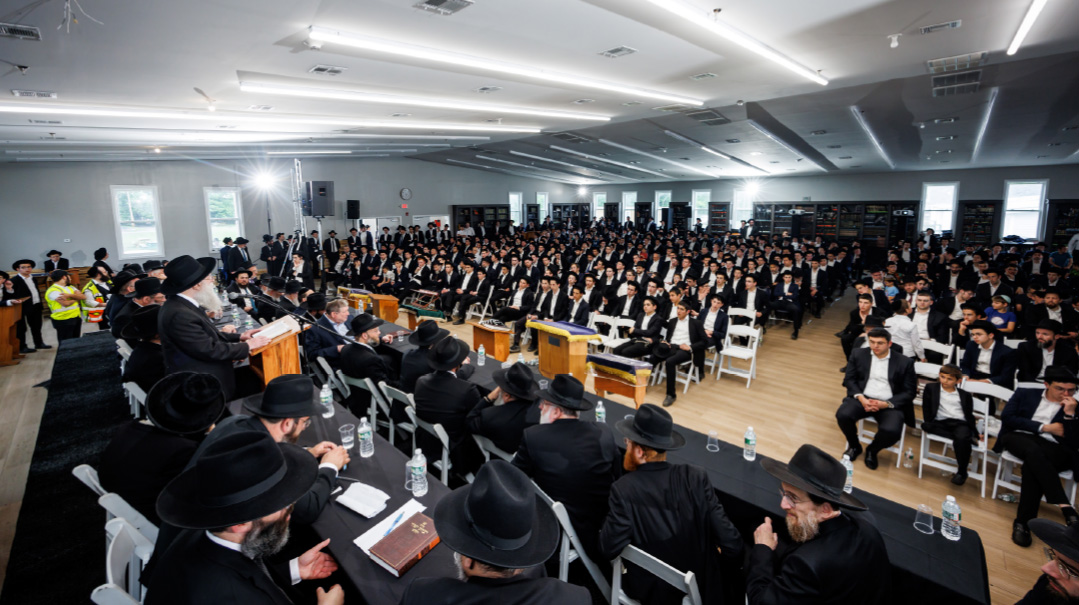
Living Higher
T
his past summer, Yeshiva Darchei Torah inaugurated a splendid new 7,200-square-foot beis medrash at Camp Oraysa. The upstate New York campus, dedicated by the Schron family, has served as the yeshivah’s summer home since 2014.
Now, just a few short months after the bochurim vacated the grounds to return to Darchei Torah’s Far Rockaway campus, the Simchas Torah massacre upended travel plans for hundreds of American bochurim who had intended to start the winter zeman in the Mir Yeshivah in Eretz Yisrael. With the bochurim left stranded as the zeman was about to begin — and hundreds of hours of limud Torah hanging in the balance — arrangements were quickly made to reopen the beis medrash of Camp Oraysa, welcoming the Mir talmidim.
Happening in Russia
The war in Eretz Yisrael comes less than two years after the upheaval spurred by the Russia-Ukraine war, and for many of the evacuees from Israel’s south, the flight from their homes brings a terrible sense of déjà vu. There are Ukrainian Jews who fled to Eretz Yisrael in search of a safer environment, and some settled in various cities along its southern border, until the war forced them to leave their new homes.
From many miles away, a group of young schoolchildren reached out to help these Ukrainian refugees. Rabbi Betzalel and Dvori Mandel, who run the Reishis Chochma school in Moscow, asked their student body, numbering over 100 children, to bring in some money to help the families in Eretz Yisrael impacted by the war. While many of these children come from families with very limited resources, they donated nonetheless.
Using the students’ contributions, along with some additional funds, the school was able to send $350 to the OU’s toy drive, which is purchasing and distributing over 20,000 toys across the country to children in Eretz Yisrael affected by the fighting. The money was specifically allocated to purchase toys for children from Zhitomir, now living in Ashkelon.
As one turbulent chapter in Jewish history follows another, we can only hope that this third chapter of poignant chesed from innocent children will lead to the climax we are all waiting for: the Geulah sheleimah b’karov.
The Achdus at Our Essence
It’s not every day that a family from Ofakim celebrates a bar mitzvah in Bnei Brak, and it’s certainly not every day that the sons of the Vizhnitzer Rebbe attend. But these days are not everydays.
There’s fear in the air, but also a torrent of ahavas Yisrael. Geographical distance and hashkafic differences melt away in face of the unity that is our true essence. Here, the sons of the Vizhnitzer Rebbe dance with the Davda family of Ofakim, a city that has been practically emptied of its residents.
It was a bar mitzvah sans friends and neighbors — but not really. The reality of kol Yisrael chaveirim has never been so tangible. The bar mitzvah was held in the Vizhnitzer cheder’s simchah hall, drawing the participation of the Vizhnitzer Rebbe’s sons in the simchah and the joy of being part of the most magnificent people on Earth.
What Goes Around
The Bodner family of New York and Israel currently operates the largest private humanitarian aid operation to Israel, based out of the Five Towns, in memory of David Newman, Ike Bodner’s friend who was murdered by terrorists on Shemini Atzeres.
As the bags of donations soared high into the hundreds, it became clear they needed more space. A fellow named Abi Liff offered them the use of his spacious warehouse. That did not ring a bell with Moshe Bodner, but when they met for the hand-off of the warehouse keys, Abi’s eyes flashed with recognition.
“Hey,” he said, “you were at my son’s shalom zachar, weren’t you?”
Moshe smiled back. “Yes, I was.”
The backstory is that one Friday night during the height of Covid, Moshe went to eat dinner with his mother. On his way home, he saw a man standing outside his home who introduced himself as Abi Liff. He explained that he was celebrating the birth of a baby boy, and due to the lockdown, he was unable to host a formal shalom zachar. So Moshe, along with a few others, made up the entirety of the festivity’s attendants. It was an act of chesed that might have seemed fleeting at the time.
But three years later, the chesed redounds, facilitating an operation that hosts a virtual explosion of chesed from all walks of life.
(Originally featured in Mishpacha, Issue 983)
Oops! We could not locate your form.

